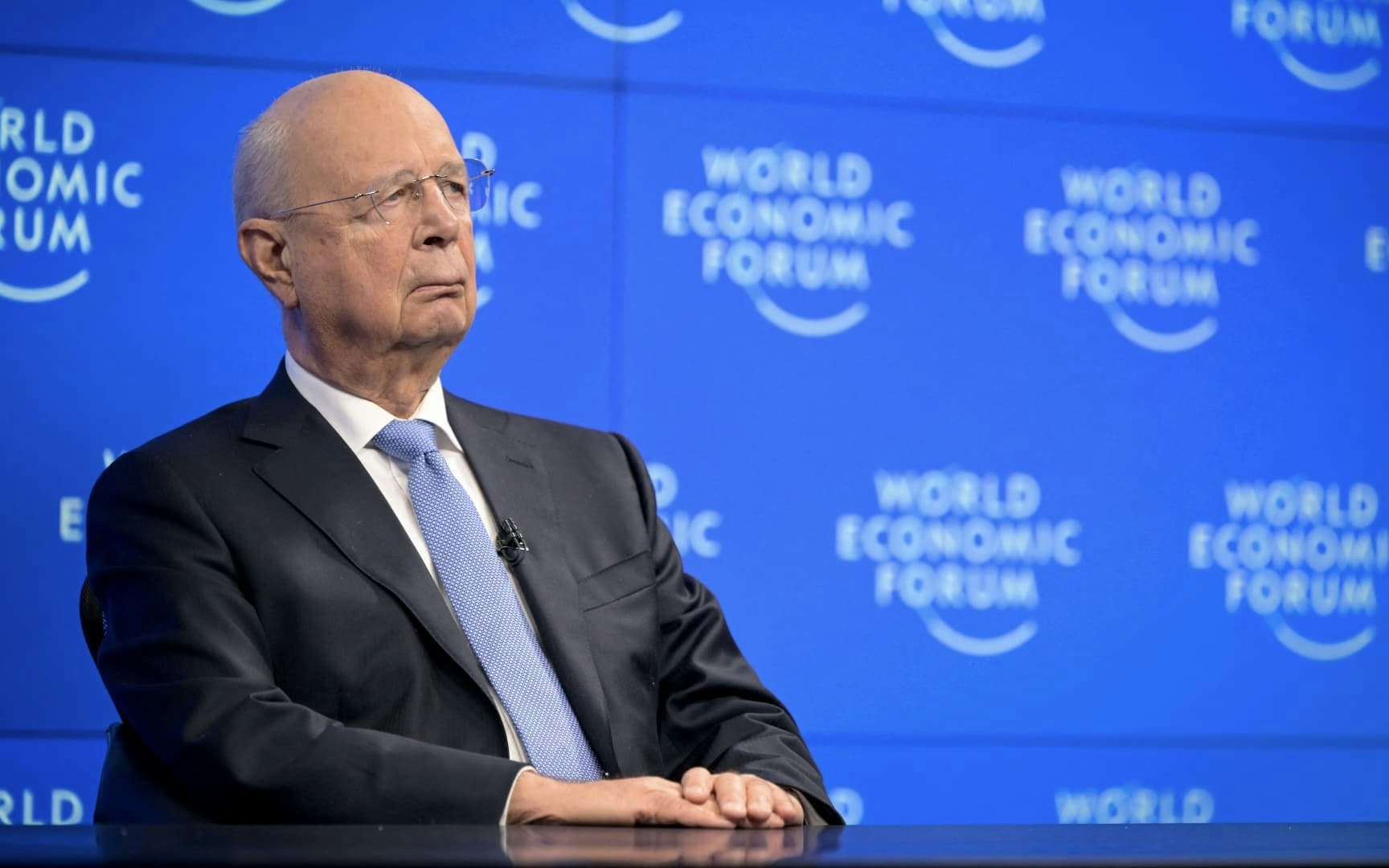Economics
Red Alert: Geopolitical Risks Shake the Financial Markets
Market reality hits investors hard: Possible scenarios for the future amidst global political crises.

Stock prices rose for eleven months, but in the first days of the new year there was a turnaround in the financial markets. The global political situation and the associated risks suddenly came into focus for investors. For a long time, they had ignored these crisis zones, but now reality is catching up with them.
The President of the European Central Bank (ECB), Christine Lagarde, tries to dodge the question of a possible second term for Donald Trump with humor. However, she also emphasizes that the situation is serious. After all, America is the largest economy and the largest military power in the world.
Lagarde is not alone with her concern - other participants of the World Economic Forum in Davos are also confronted with the difficult geopolitical situation. The uncertainty caused by wars, trade conflicts, and looming escalations has created a feeling that we are in exceptional times.
The Amazing: The spreading pessimism did not reflect on the markets for a long time. Last year, the broad-based US stock index S&P500 recorded a gain of 24 percent, while the technology-heavy Nasdaq even grew by 43 percent.
Even the Dax closed with a gain of more than 20 percent. Investors were mainly driven by the hope of imminent interest rate cuts by central banks. However, since the beginning of the year, the sentiment has turned - both the Dax and the S&P500 are in the red.
The political crises have finally caught up with the markets and are now also unsettling investors. The attacks of the Houthi rebels in the Red Sea, the reluctance of central banks to lower interest rates, and the scenario of a possible second Trump as US president are weighing on the mood in the Swiss luxury ski resort. The situation is becoming even more complex due to the advancing fragmentation of the global economy, the looming energy shortages, and the recurring fears of a financial or currency crisis.
However, despite these challenges, there are voices that remain confident. Goldman Sachs board member Jim Esposito sees the US markets in a stable condition and is optimistic about the business of IPOs and mergers. The Co-Head of Global Banking and Markets at Deutsche Bank, Fabrizio Campelli, also describes the mood in Davos as "attempted optimism".
However, there are also critical voices, such as that of the US banking CEO Jamie Dimon. He warns against the presumed stability and points out that the financial markets are still influenced by fiscal and monetary incentives despite the recovery. The yields of government bonds are also rising again, which raises doubts about quick interest rate cuts. The inflation rate has recently increased in the USA and Europe, and transportation costs are also rising due to attacks by Houthi rebels.
These uncertainties dominate the discussions at the World Economic Forum. However, there are three possible scenarios that are being discussed. The first scenario assumes that the markets will continue to ignore the geopolitical risks and that prices will remain stable despite everything.
The second scenario anticipates a damping of the euphoria due to geopolitical influences.
And the third scenario entails a strong correction in the markets due to the negative impacts of political crises. Ultimately, the future lies in the hands of investors and their reaction to the increasing geopolitical risks.
The Recent Developments on the Geopolitical Stage and the Uncertain Economic Situation Hence Pose Increasing Risks for Investors. It is Recommended to Monitor these Factors and Take Possible Measures to Protect Against Potential Market Turbulence.









